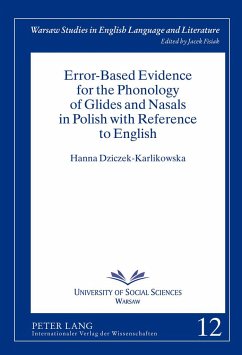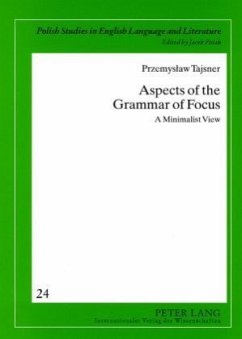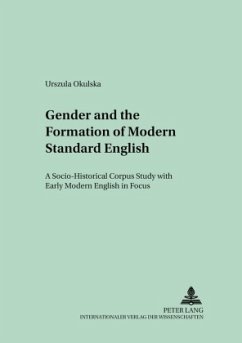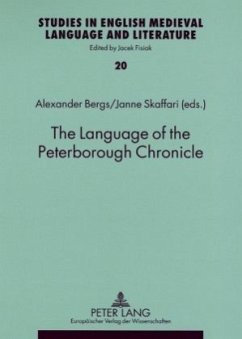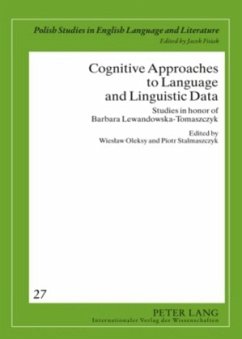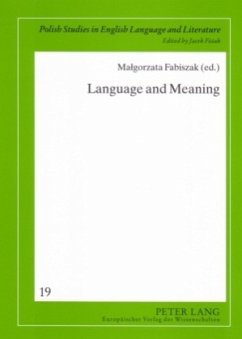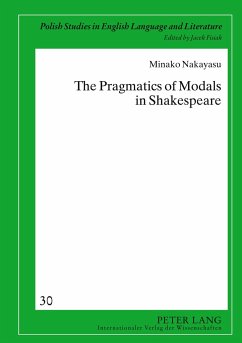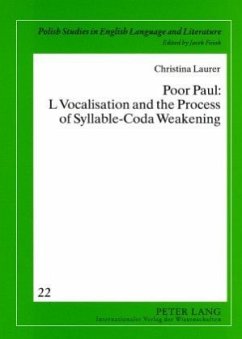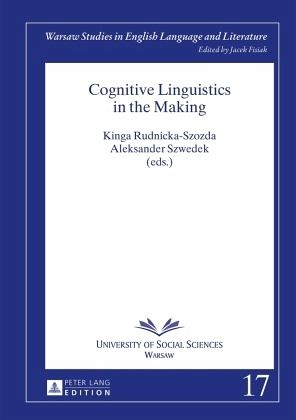
Cognitive Linguistics in the Making
Versandkostenfrei!
Versandfertig in 6-10 Tagen
94,05 €
inkl. MwSt.

PAYBACK Punkte
0 °P sammeln!
The papers in this book address the most fundamental, currently investigated problems in cognitive linguistics in a wide spectrum of perspectives. Apart from some traditional descriptions of particular metaphors and metonymies, there are analyses of spatio-temporal relations, motion and stillness, iconicity, force dynamics, as well as subjectivity and objectivity in language. The analyses are based on a number of languages: English, Polish, Russian, German, Lithuanian, Italian and Danish. The essays represent case studies, theoretical analyses as well as practical applications.





